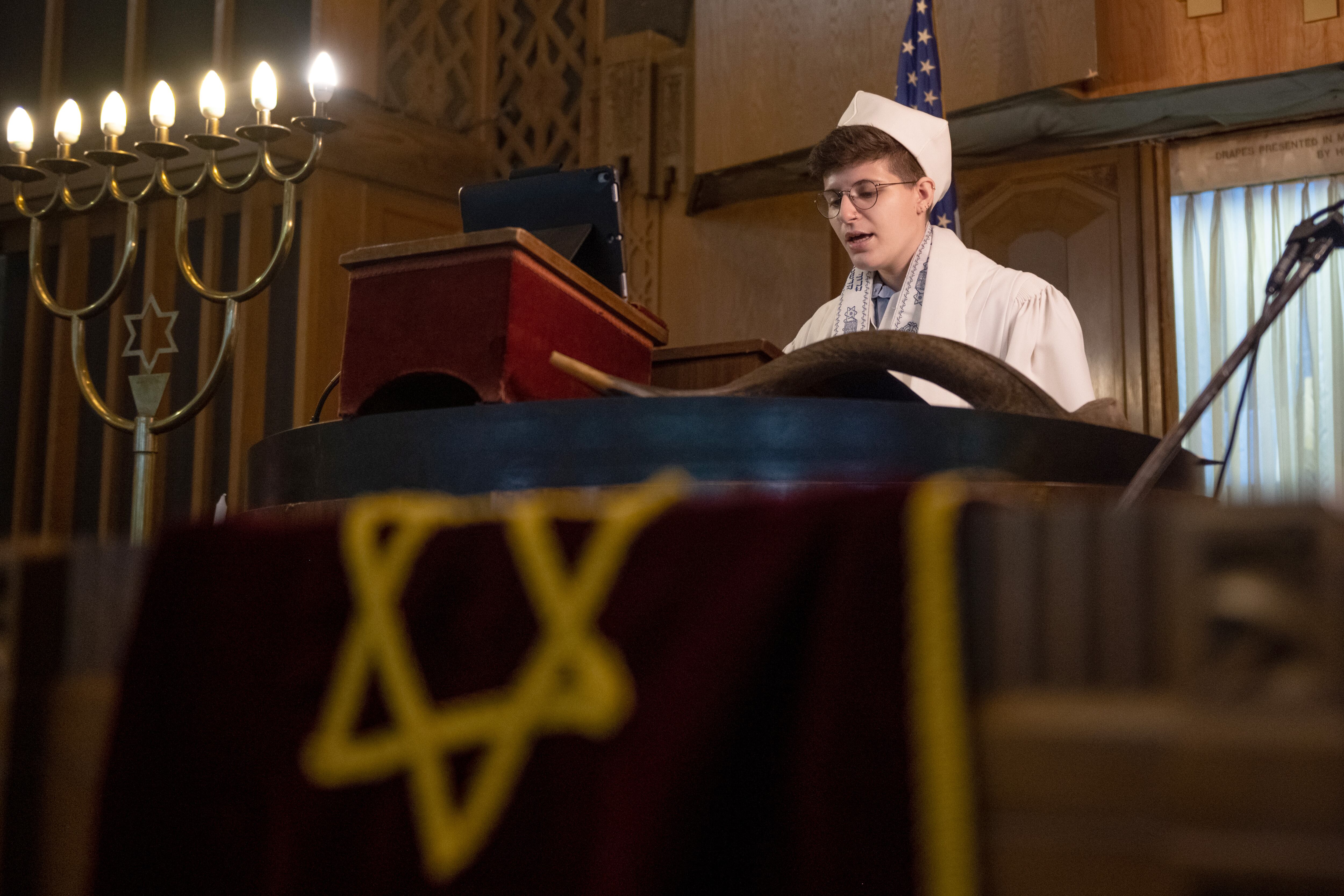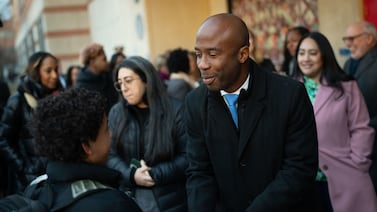Superintendents will be counting Michigan students Oct. 5, but many children will be out of school observing a major Jewish holiday.
It’s a crucial day for Michigan school districts trying to maximize state funding, but this year it coincides with Yom Kippur, the holiest day of the Jewish year when the observant fast, pray, and abstain from work and school.
By law, state education funding to Michigan public schools is based largely on student attendance on the first Wednesday of October. At stake is at least $9,150 per student, the base funding provided for in the state school aid budget.
Districts with large Jewish populations including West Bloomfield and Walled Lake close on Yom Kippur. State law allows those districts to apply for waivers, and the Michigan Department of Education has granted five of them, allowing those districts to use Thursday Oct. 6 as count day instead.
But it’s more complicated for schools that are in session that day but have students who observe Yom Kippur.
“There is no provision in current state law that permits the state superintendent to provide a waiver for a local school district that is in session on count day,” state Assistant Superintendent Kyle Guerrant wrote last week in a memo to superintendents.
Those districts can count missing students if their absences are excused and if they return to school within 30 days and attend all scheduled classes. Absences for religious observances are considered excused.
That’s helpful but it isn’t fair, said Jeanice Swift, superintendent of Ann Arbor Public Schools, which will be in session on Yom Kippur. She wants the same flexibility as districts that aren’t in session – to move count day to a date that isn’t a religious holiday.
Having a high-stakes school day on a religious holiday conflicts with her district’s core value of respecting different faiths, Swift said.
More than a decade ago, the district convened a group of community faith leaders to create a calendar of religious holidays and to rank the observances by significance. They designated Yom Kippur a three-star holiday, the highest category. The district prohibits major exams, reviews for major exams, standardized tests, sports and arts tryouts, and major events like proms on three-star days. Other three-star holidays are Ramadan, Rosh Hashanah, Christmas, Epiphany, Passover, Holy Friday, Palm Sunday, Eid al-Fitr, and Eid al-Adha.
“It’s a model that has been emulated across the country because it really is a community coming together to observe and respect each others’ holiest days,” Swift said. “It’s about providing sensitivity to sacred days across the most practiced religions in our community.”
Guerrant said he understands that argument, but state law doesn’t allow waivers for districts that remain in session on the holiday.
“This is a very important day to the Jewish community and having this overlap with count day feels disrespectful,” Guerrant said in a telephone interview. “We understand and appreciate those concerns but we’re in a bind in the sense that we don’t have the ability to provide a waiver because of the way the law is structured right now.”
Swift said she has spoken with lawmakers about amending the law but legislation has not yet been introduced.
For now, MDE will work with districts to ensure every student is counted, Guerrant said.
“We want to make sure a district is not penalized financially,” he said. “We want to make sure they don’t miss a student.”
Tracie Mauriello covers state education policy for Chalkbeat Detroit and Bridge Michigan. Reach her at tmauriello@chalkbeat.org.






